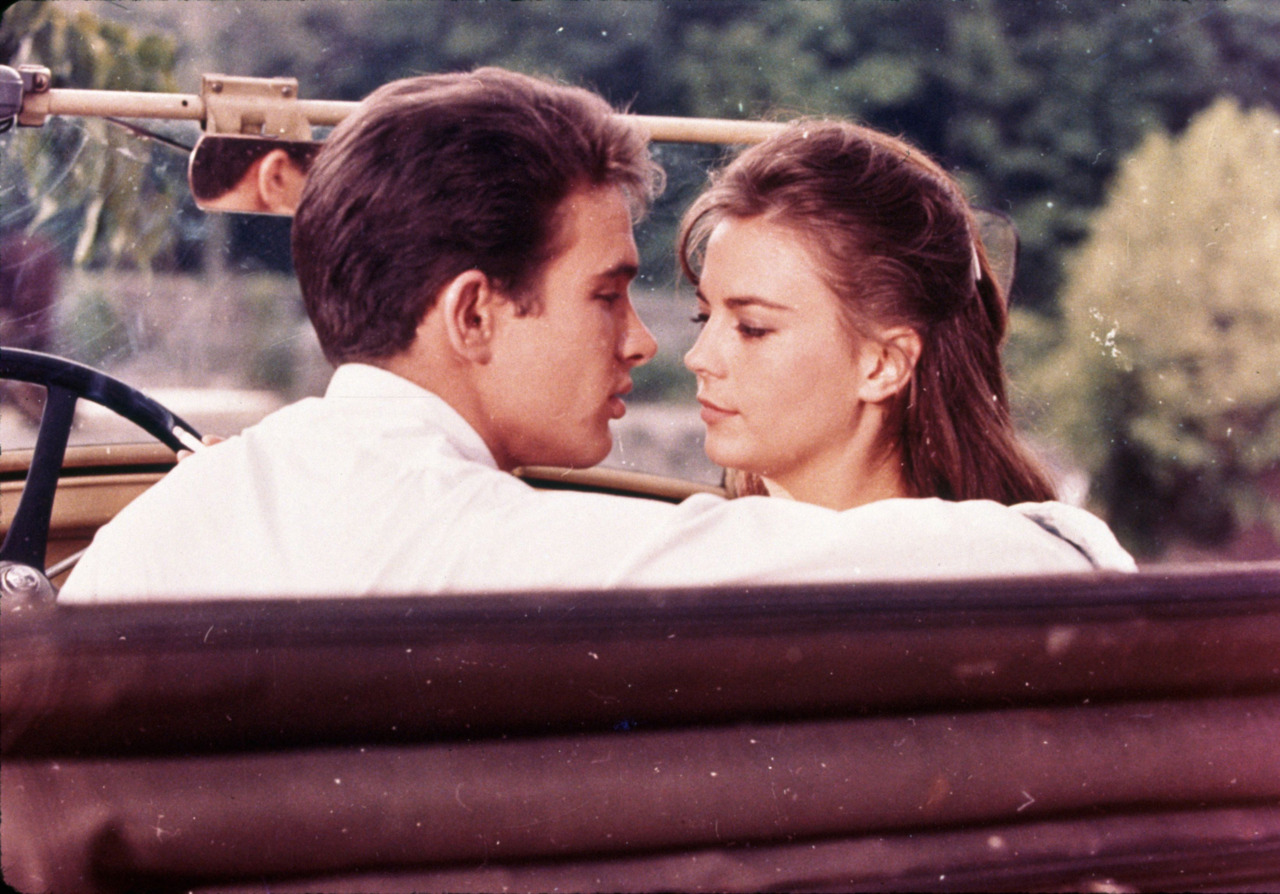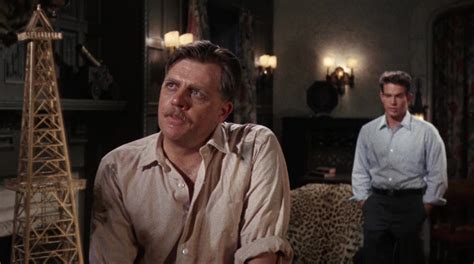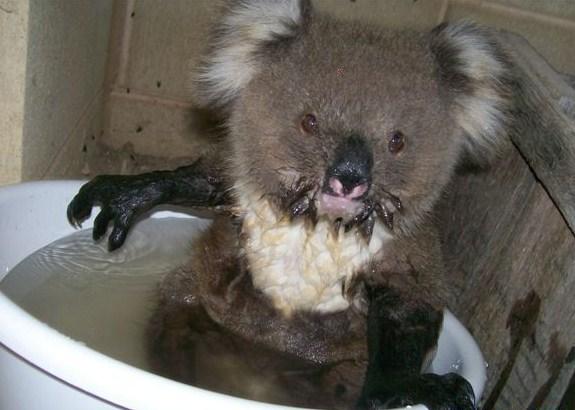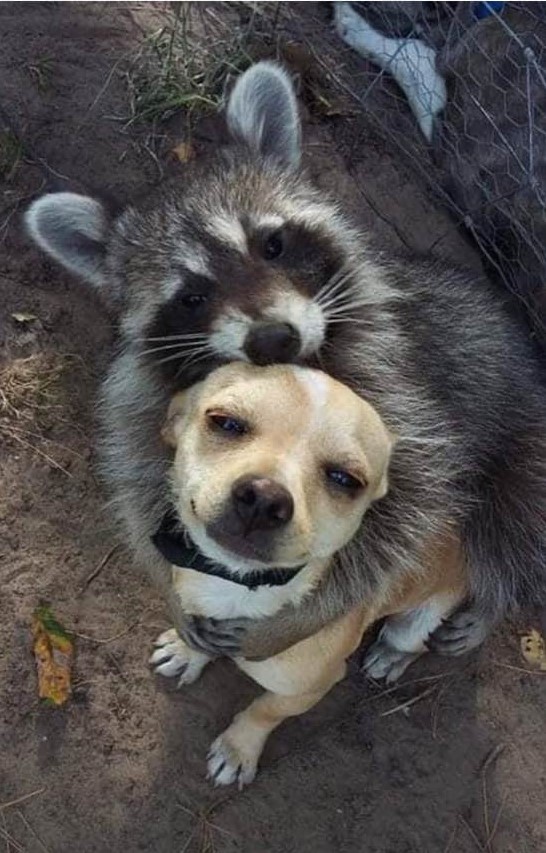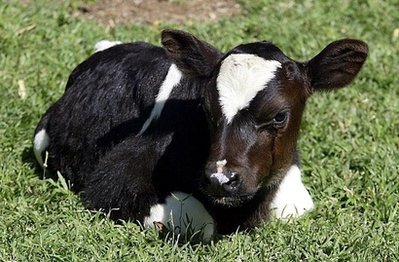|
home | what's new | other sites | contact | about |
|||||||
|
Word Gems exploring self-realization, sacred personhood, and full humanity
Soulmate, Myself:
return to 'inferential life 4' main-page
Leading us to infer the existence of the spirit of God are certain proclivities of young children; a memory of their hidden home-world, recently forsaken for the Earth-mission, lingers. Our birth is but a sleep and a forgetting:
The Soul that rises with us, our life's Star,
Hath had elsewhere its setting,
And cometh from afar:
Not in entire forgetfulness,
And not in utter nakedness,
But trailing clouds of glory do we come
From God, who is our home:
Heaven lies about us in our infancy!
Ode: Intimations of Immortality from Recollections of Early Childhood, Wordsworth
splendour in the grass
The 1961 romantic movie “Splendor In The Grass” starred a very young Natalie Wood and Warren Beatty. The title always seemed provocative to me, felicitously crafted, who could doubt, as reference to forbidden pleasures on a summer afternoon. But no. At the time, lacking any introduction to great literature, I had no idea that this phrase had been hijacked from William Wordsworth’s “Ode On Immortality.” And the original, “splendour in the grass,” had nothing to do with certain liberties concerning teen mating rituals.
apparelled in celestial light, the glory and the freshness of a dream “Apparelled in celestial light”, utterly mesmerizing, is another famous line from the “Ode.” What is Wordsworth talking about with his “splendour” and “celestial light,” his “freshness of a dream”? the carefree, joyful, la-la-la existence of a little child, with all the world magical and aglow with delight and wonder In her sonnets, 18 and 33, Elizabeth Barrett Browning also speaks of the enchanted world of a small child. Nature, and reality itself, sparkles and shimmers. For this untainted creature of innocence, everything is “wow” and “it’s fun” and “can I do it again.” Wordsworth addresses this developmental phenomena: That early time of natural mystical perception was blessed with “delight and liberty, the simple creed of childhood, whether busy or at rest.” It “was a time when meadow, grove, and stream, the earth and every common sight, to me did seem apparelled in celestial light, the glory and the freshness of a dream.” In those magical years, I saw “splendour in the grass, of glory in the flower,” and on “sweet May-morning” there would be “children … culling” blossoms, “in a thousand valleys” all over the world, “far and wide, fresh flowers; while the sun shines warm.” For children thus enamored, “the radiance … was once so bright.” but something happened on the way to growing up, where did the 'celestial light' go Behold the Child among his new-born blisses,
A six years' Darling of a pigmy size!
See, where 'mid work of his own hand he lies,
Fretted by sallies of his mother's kisses,
With light upon him from his father's eyes!
See, at his feet, some little plan or chart,
Some fragment from his dream of human life,
Shaped by himself with newly-learned art
A wedding or a festival,
A mourning or a funeral;
And this hath now his heart,
And unto this he frames his song:
Then will he fit his tongue
To dialogues of business, love, or strife;
But it will not be long
Ere this be thrown aside,
And with new joy and pride
The little Actor cons another part;
Filling from time to time his "humorous stage"
With all the Persons, down to palsied Age,
That Life brings with her in her equipage;
As if his whole vocation
Were endless imitation.
But around age six we notice certain changes in behavior. The child’s play turns less and less to gathering flowers and much more toward pretending what it will be like as a grown-up. The “little darling” now begins not to like so much, squirms and fidgets at, the smothering kisses of mom, or even the close supervising eyes of dad. “See, at his feet, some little plan or chart, Some fragment from his dream of human life.” See her now, acting as upon a stage, role-playing at a wedding, a funeral, or some aspect of work in the world. The little boy’s words, with each passing year, assume conformance “to dialogues of business, love, or strife.” He wants to play soldier and war. She sees herself as teacher, mother, or nurse and speaks openly to her attending ones. This pantomime of life’s activities extends to “all persons, down to palsied age,” pretending even to be a grandparent. And then Wordsworth pronounces judgment on the whole process: The acting and pretending is so pervasive, with all children, all over the world, that it’s “as if his whole vocation were endless imitation.” what is going on with this universal, endless pretending, acting; why the turning away from the ‘celestial light’ and ‘splendour in the grass’ to imitations of the inert world
Does Wordsworth’s ‘magical child’ allow us to reasonably infer, not just the existence of but, something of the nature of Universal Consciousness? A long time ago, I offered this on the “animal” page:
the open-eyed and unpretentious mind of God
Or these faces:
On the farm, I grew up working with many different animals, and, as a general rule, I never knew any animal to be vicious. They, as anyone, could be goaded into frenzy if mistreated, but, I would say, only 1 in 10,000 displayed, what we might call, an inherent “personality” of incivility. And, especially, baby animals would project a natural innocence and lovingkindness. The same is true of other “baby animals,” human young children. Again, if they’re mistreated they will learn to emulate the bellicose path - but, allowed to shine forth their natural spirit, all of them are exceedingly sweet and amiable, loving and playful. To our intellectual discredit, we take this for granted. Like life itself, many seem to forget that existence itself is not something that might inevitably emerge from nothingness – this is a materialist’s dream. The fact that we are here, that anything is here, could never happen fortuitously. Editor's note: see the math of probability for such matters on the "evolution" page. And so it is with the “the open-eyed and unpretentious mind” of little children. It didn’t need to be this way; we could have made entrance into the world exhibiting another kind of disposition. The fact that we did not, and are as we are – with many billions of cases in human history offering evidence of this ubiquitous nature – more than suggests, but demands, that we see none of this as expression of chance and randomness. Something else, some hidden “blueprint,” some unseen energy, is necessarily required to make all of us this way. The ‘magical child,’ too, in his or her particular joyous methods, reflects a mind which is not often seen among its parents. Where did this infant mind “apparelled in celestial light” come from? Certainly not the parents; certainly not the society in which the child has been unceremoniously deposited as a veritable foreign object, so unlike anything or anyone around it. I think we can learn, from little children, a lot about Universal Consciousness, of the unguarded mind of God – before the child's mind is corrupted by the ways of this world.
|
|||||||
|
|
